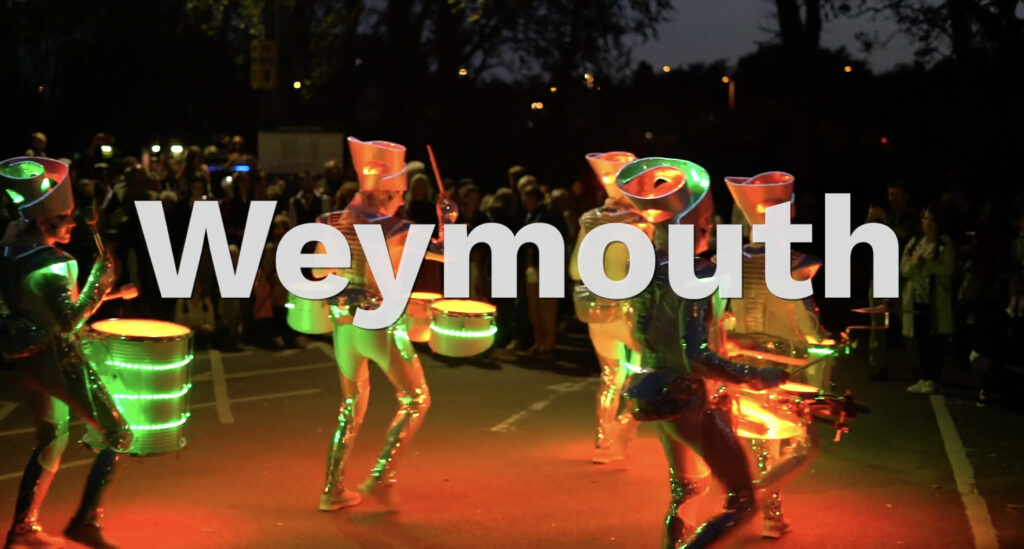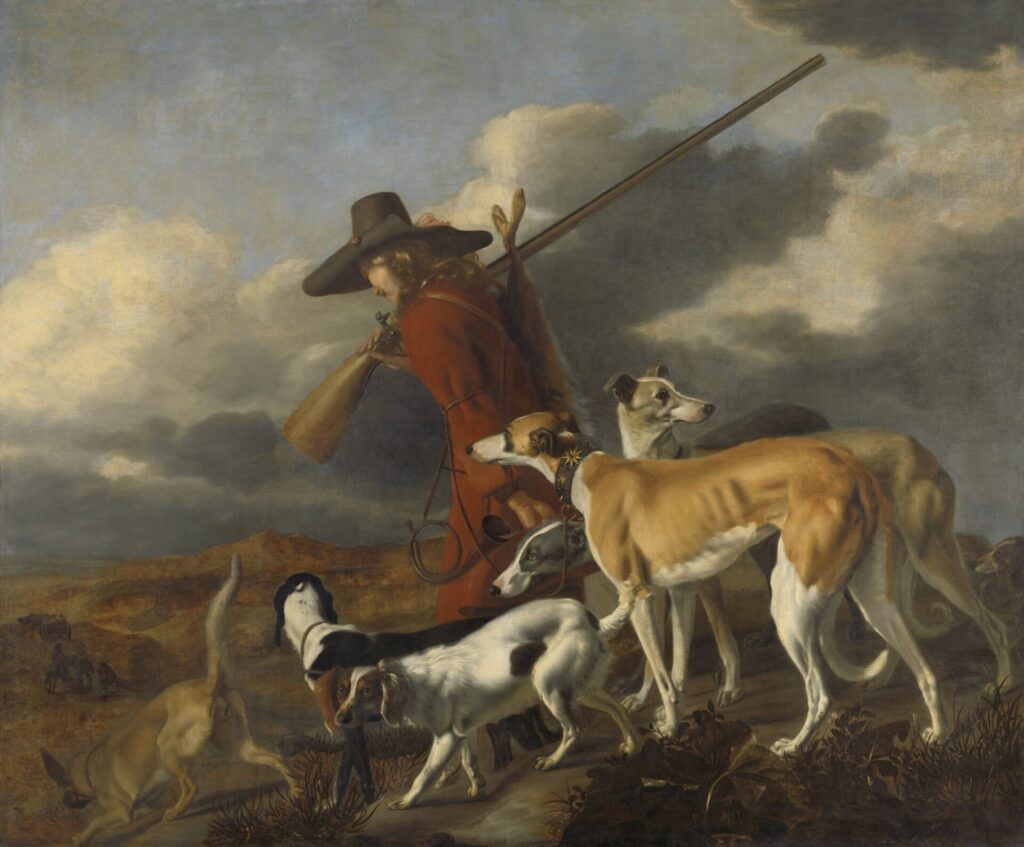Dorset’s outdoor arts festival is back with events stretching from Wimborne to Weymouth, from woodland soundscapes to street circus
Street performers, circus acts and artists from across the region and around the world will be coming to Dorset in September for Inside Out, the biennial outdoor arts festival,
Activate Performing Arts in conjunction with the Inside Out team have created an exciting programme of performances, workshops, installations and parades in rural and urban venues including the Moors Valley woods in East Dorset and Woodbury near Bere Regis. The festival has run in alternate years since 2007; more than 28,000 people attended events in 2021.
This year’s festival, which runs from 15th to 24th September, will include two world premieres and five UK premieres.
Inside Out aims to remove the traditional barriers to the arts, while encouraging people to discover and appreciate some of the unique places across the county. Most events are free.
The Dorset-based arts organisation works with Dorset Area of Outstanding Natural Beauty (AONB) and the National Association for AONBs, along with European partners with complementary interests in the relationship between the landscape, artists, land stewards and the climate emergency.
Music in the canopy
Events at Moors Valley Country Park will see spectacular art, music and sound installations located across the 800-acre site.
Two of the pieces have been created by the Frome-based composer and sound artist, and founder of Artmusic, Helen Ottaway. Lachrymae and Saeflod will be located in the woodland canopy, creating an immersive experience. In 2014 Helen’s Lachrymae was commissioned by Inside Out Dorset and Dorset AONB to be presented on the South Dorset Ridgeway. Such was the success of the piece, she has been asked to present it again this year. Her inspirations include landscape, water and nature, and her style is predominantly minimalist with influences from folksong, English pastoral and church music traditions.

Working Boys Club
At Poole and Wimborne, Inside Out events will include Serving Sounds from The Working Boys Club, as well as international circus acts and multi-sensory sound installations.
The Working Boys Club is identical twins Jason and Adam Dupree, who make and create work by mixing the arts with their past lives as tradesmen.
Wild Woodbury at Bere Regis will have a wide-ranging programme, including workshops, talks and local food vendors.
As well as an Iron Age hillfort, Woodbury was also a medieval religious site and the setting for the Woodbury Hill Fair. It is undergoing a process of rewilding and will provide a unique location for Inside Out Dorset to work alongside Dorset Wildlife Trust and Dorset AONB.
Giant dolls
The Inside Out finale weekend will see a spectacular parade of light and music weave through Weymouth led by Transe Express’ Poupées Géantes. Readers with long memories may recall Transe Express dazzling the crowds in Salisbury Market Square with an aerial drumming and acrobatic performance. For Inside Out, these French street performers will bring three giant dolls who will glide magically through the crowd, with the voices of three opera singers transforming the Weymouth streets into an outdoor opera house.












